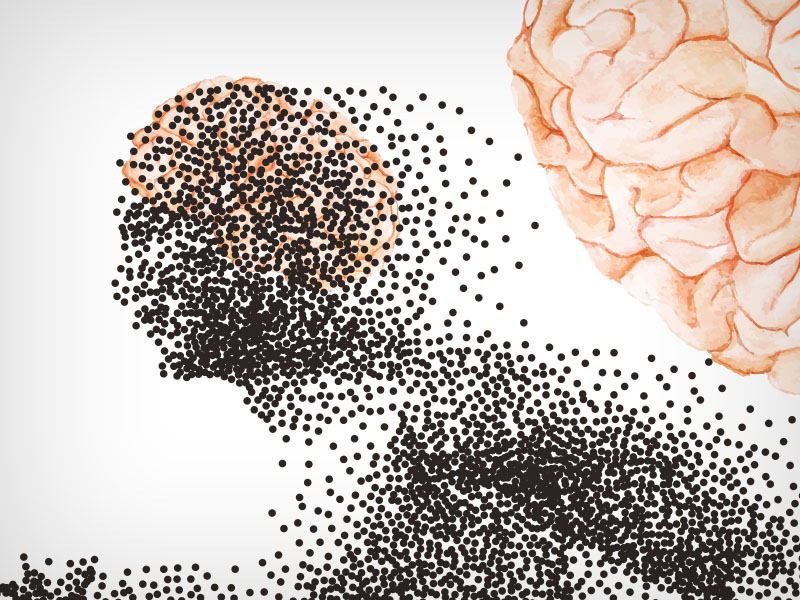Memory and Intangible Cultural Heritage
Issue 43

By Abdul Rahman Ayub
As the title suggests, this study is about memory, a human characteristic. The paper will also address heritage, particularly intangible cultural heritage, which reflects human knowledge through the ages.
The study of memory is complex. The first level of complexity arises because intangible cultural heritage forms naturally in our conscience. This means that heritage is key and perhaps even the most comprehensive component of our memory. In some of our studies of intangible cultural heritage, we called it the ‘collective memory’, which still prevails today although it includes old thoughts and images. It is the second essential element of a human being; the biological element is the first. A third element – custom – is connected to the first two.
We can recognise and understand collective memory within the framework of intangible cultural heritage.
In the age of globalisation, what does the future have in store for intangible cultural heritage? We have alluded to this issue at times, and we think it merits further study and discussion. For several decades, our Arab peoples have been affected by the waves of globalisation, and these waves have had a significant impact. Currently, globalisation has a dangerous impact on our heritage and its tangible and intangible elements; it has drowned out Arab and Islamic culture. Unless we adopt a forward-thinking strategy to preserve our heritage, our institutions will not be able to repair the severe damages caused by globalisation.







































































